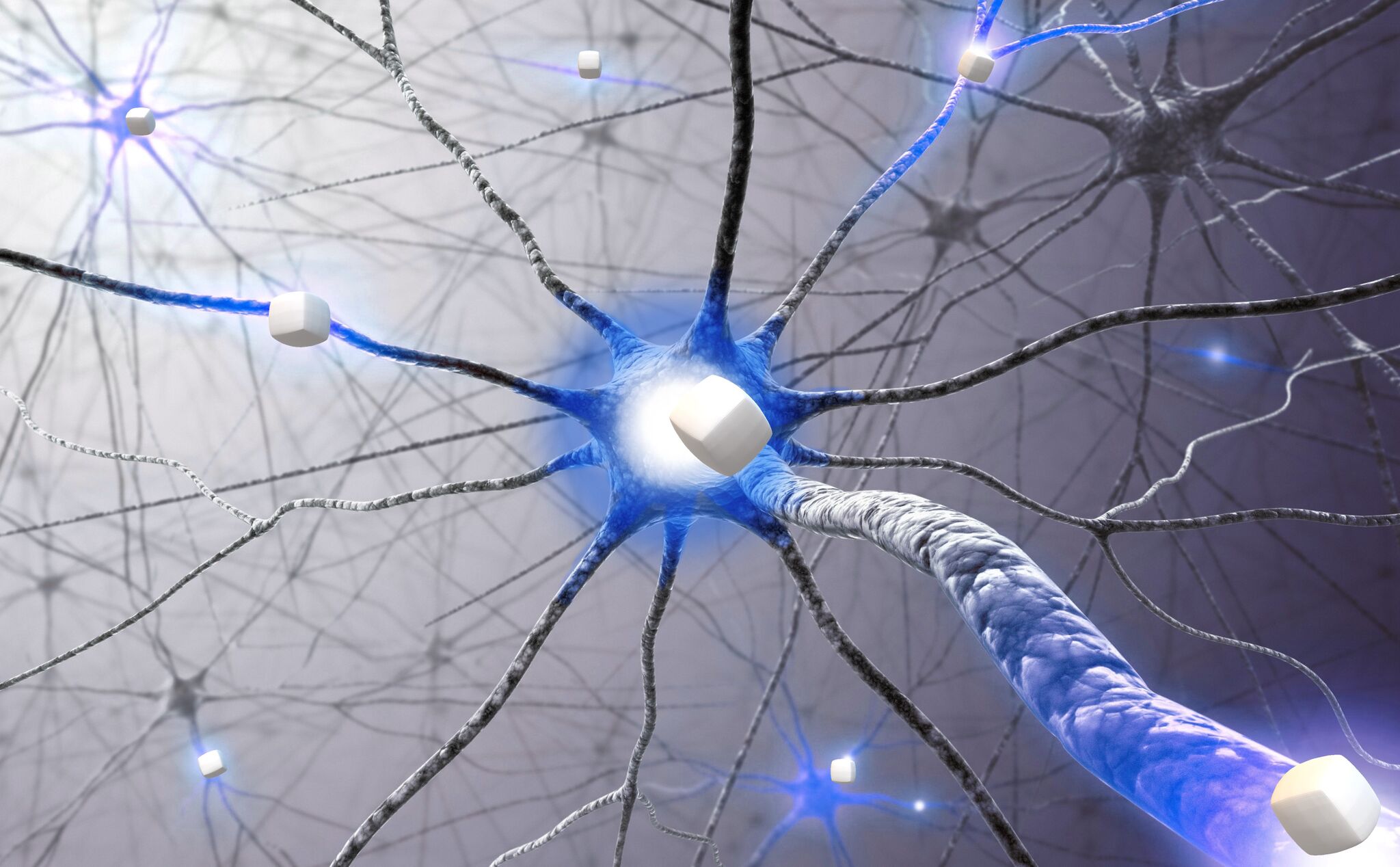New project will fight Parkinson’s disease with LED brain implants
Aarhus University researchers have just launched a multi-million euro project that aims to use micro-scale implants inside the living brain to cure movement disorders.

With a European Union (EU) grant of more than DKK 28 million, researchers at the Department of Engineering, Aarhus University, aim to enter the living brain with micro-robotics that could have a monumental effect on curing movement disorders in the future.
The new project is called STARDUST, and it uses wirelessly controlled microscopic implants that illuminate selected brain neurons with LED light and even carry an internal drug delivery system. This has never been done before.
"Until now, electrical stimulation used in the brain has affected all neurons in the targeted area. With this project, we target individual neurons using optogenetics with a completely wireless micro-scale device," says Associate Professor Farshad Moradi, Department of Engineering, Aarhus University.
The tiny device is just 200 cubic micrometres in size. If successful, it will be very inclusive since it will be able to modulate brain circuit activities with artificial light, deliver drugs and record signals from the target brain cells. Power supply comes from harvesting energy from ultrasonic waves using a piezoelectric device.
"The main challenge is to provide the tiny device with sufficient energy using ultrasonic waves. That is why we have to use very, very low-power electronic chips and very efficient materials," says Professor Moradi.
The project was launched on 1 October and will run for four years. STARDUST is funded by the prestigious Future and Emerging Technologies (FET) actions, under Horizon 2020 – the EU Framework Programme for Research and Innovation.
"If we are successful with this project, it could have a massive effect on the clinical treatment of a wide variety of disorders ranging from Parkinson’s disease to cancer," says Head of Department Thomas Toftegaard, Department of Engineering.
About the project
Title: STARDUST
Partners: Humboldt University of Berlin (Germany), University College Cork (Ireland), National Centre for Scientific Research – CNRS (France), Vlaams Institute for Biotechnology – VIB (Belgium), Biomodics ApS (Denmark), Spinverse Innovation Management OY (Finland), Federal University of Pará (Brazil), Fraunhofer Society for the Promotion of Applied Research (Germany).
Budget: EUR 3.8 million from H2020 – FET Open
Contact
Associate Professor Farshad Moradi
Department of Engineering - Integrated Electronics
Mail: moradi@eng.au.dk
Phone: 41893344
